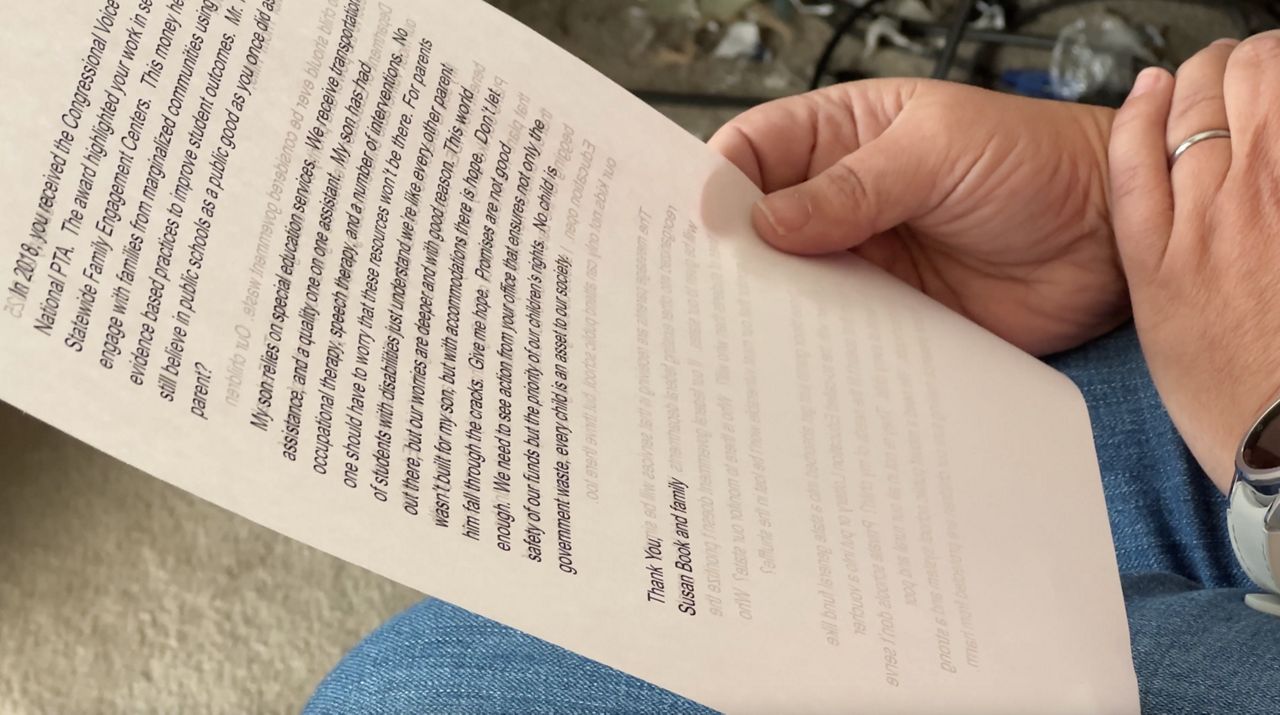RALEIGH, N.C. — A media and communications professor on Thursday said social media companies are likely to be less lenient with public officials going forward.
Prof. Daniel Kreiss, who specializes in political communication at the UNC Hussman School of Journalism & Media, said social media companies' treatment of President Donald Trump's posts has been very haphazard until now. The president's posts were largely allowed to stand. During the 2020 election, Twitter and Facebook began flagging or removing individual posts that contained false information.
“What I think you've seen is there's been a steady progression toward much more aggressive enforcement action,” he said.
Wednesday's attack on the U.S. Capitol by a pro-Trump mob accelerated that. Late in the day, President Trump's Twitter account was locked for 12 hours. Then on Thursday morning, Facebook CEO Mark Zuckerberg announced President Trump's Facebook and Instagram accounts would be blocked until at least the end of his term on January 20.
“I think Facebook's action, in particular, takes away one of the tools that he has for directly addressing publics,” he said.
Kreiss said the decision is likely to impact social media companies' policies toward public officials in general. He said the companies often have separate policies for such officials on the grounds that constituents should be allowed to hear what their elected officials have to say. After Wednesday's events, Kreiss said social media companies probably won't allow as many carve-outs for public officials.
“I sincerely hope that what you see is a much better public justification of the actions they do take and do not take,” he said.
Kreiss said more consistent policies would be a good thing, but they should be coupled with a clear appeals process. He said people contesting the results of elections should have the opportunity to make their case to the public so long as they don't resort to hate speech or incitement. Social media companies already have policies on such speech and such policies are generally narrowly tailored.
Many conservative commentators and politicians have accused Facebook and Twitter of unfairly applying such policies to conservative voices with whom the companies' leaders disagree. Kreiss said he doubts the major social media networks will actively try to censor conservative views because it is in their best commercial interest to offer a positive experience to as many users as possible. He said Facebook and Twitter might lose some users to right-wing apps such as Parler, but any serious activist or politician will have to remain on one of the major platforms if they want to remain engaged.










